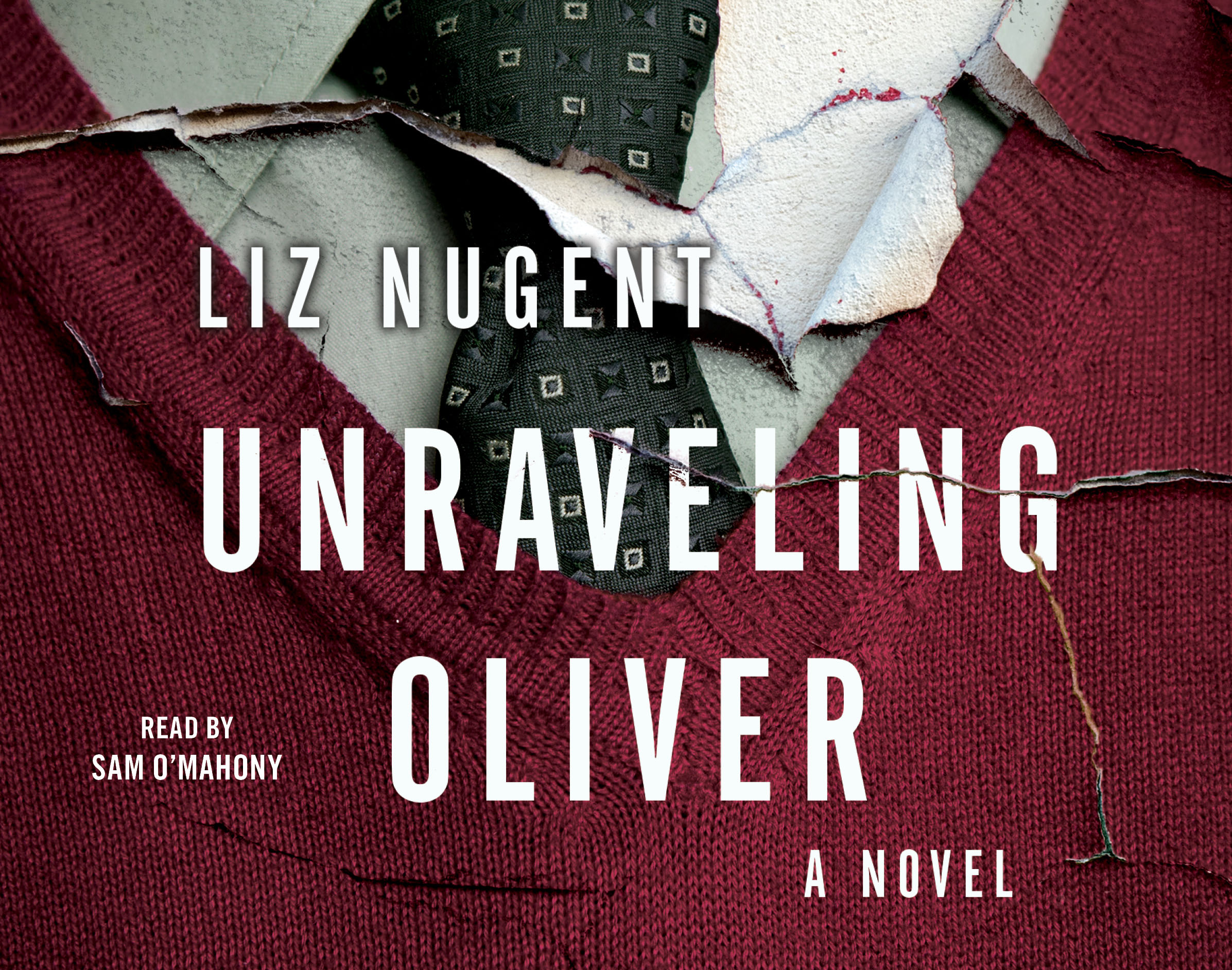Unraveling Oliver - Liz Nugent
/Photo via Liz Nugent.
What good explanation could there possibly be for a man abusing his wife? This is the question that helps make Liz Nugent’s Unraveling Oliver so enticing, but it’s also a question that worried me as I first opened the book. Would Nugent try to justify Oliver’s behaviour by unraveling him? Despite my worries, Nugent is crafty and cautious as she begins to reveal layers not only to Oliver, but to his relationships with his wife, Alice, and the other people in their lives. Nugent’s work gives due regard to the trauma of intimate partner violence while recognizing and illustrating that such trauma occurs between people, rather than between an inhuman monster and a helpless victim.
Part of what makes Oliver’s act of violence so horrific is that he doesn’t look the part: handsome, charismatic, seemingly devoted to his wife, and a children’s author. With Alice, who illustrates his books, he forms half of what seems to be a happy, successful, and completely commonplace couple. This perception is important to Nugent’s point (and to Oliver’s ability to maintain control in his relationship). Nugent utilizes multiple points of view in order to tell Oliver’s story, which is crucial to expressing the disparity between Oliver’s behaviour and his reputation. Allowing Oliver to tell his story alongside his neighbours and acquaintances also provides him space to be shamelessly honest about his story. It is a curious experience getting inside the mind of an abuser. In doing so, Nugent resists molding Oliver into an overly simple characterization, while still maintaining the horror and inadmissibility of his behaviour. The reactions of Nugent’s other narrators range from disbelief to disgust, fear, anger, and regret. Oliver, on the other hand, sounds detached. He is detached from his wife, from the violence he committed on her, and from the consequences of his actions. Beneath his unaffected tone, however, lies a simmering rage and the history of his own troubled—and empty—life, which Nugent reveals with painstaking care and patience.
Thrillers like Unraveling Oliver rely on that patience and thoughtful pacing. Unraveling Oliver starts just after he has hit Alice for the first time. Thus, Nugent begins with one very big question: What caused this act of violence? As more characters weigh in on Oliver’s behaviour—in the present and from the past—Nugent reveals just how complicated the answer to that question is. In doing so, she subtly illustrates that it is never just one moment which provokes violence, and, to that point, it is not Alice’s fault. Nugent peels away the layers which reveal the real answer: for Oliver, it is a history of trauma, neglect, and violence, which begins long before he met Alice.
Notably missing among Nugent’s narrators is Alice, whom we get to know only through descriptions by others. There are a number of possible explanations for the omission of Alice’s voice. Nugent’s narrators speak of the attack in the past tense, so perhaps Alice is physically or mentally unable to speak. By shifting focus away from Alice, Nugent also alters the timbre of the central question of her novel. She does not ask what Alice did to aggravate Oliver, nor even what Alice could have done to prevent his behaviour. With the focus squarely on Oliver and his background, Nugent illustrates that the real “explanation” behind his behaviour is in his story, not in Alice’s.
In the end, the act of unraveling Oliver does not excuse his actions but provides a glimpse into why abuse and violence happens, even (and perhaps especially) among families that seem perfect to outsiders. Nugent illustrates that abuse does not occur in a vacuum. While she does depict Oliver as unfeeling, violent, and to some extent monstrous, she does manage to also convey his humanity, and that’s important. Rather than excusing or justifying violence, Unraveling Oliver goes a long way in complicating domestic violence’s over-simplified narrative.
You can learn more about Liz Nugent and her upcoming works here.






